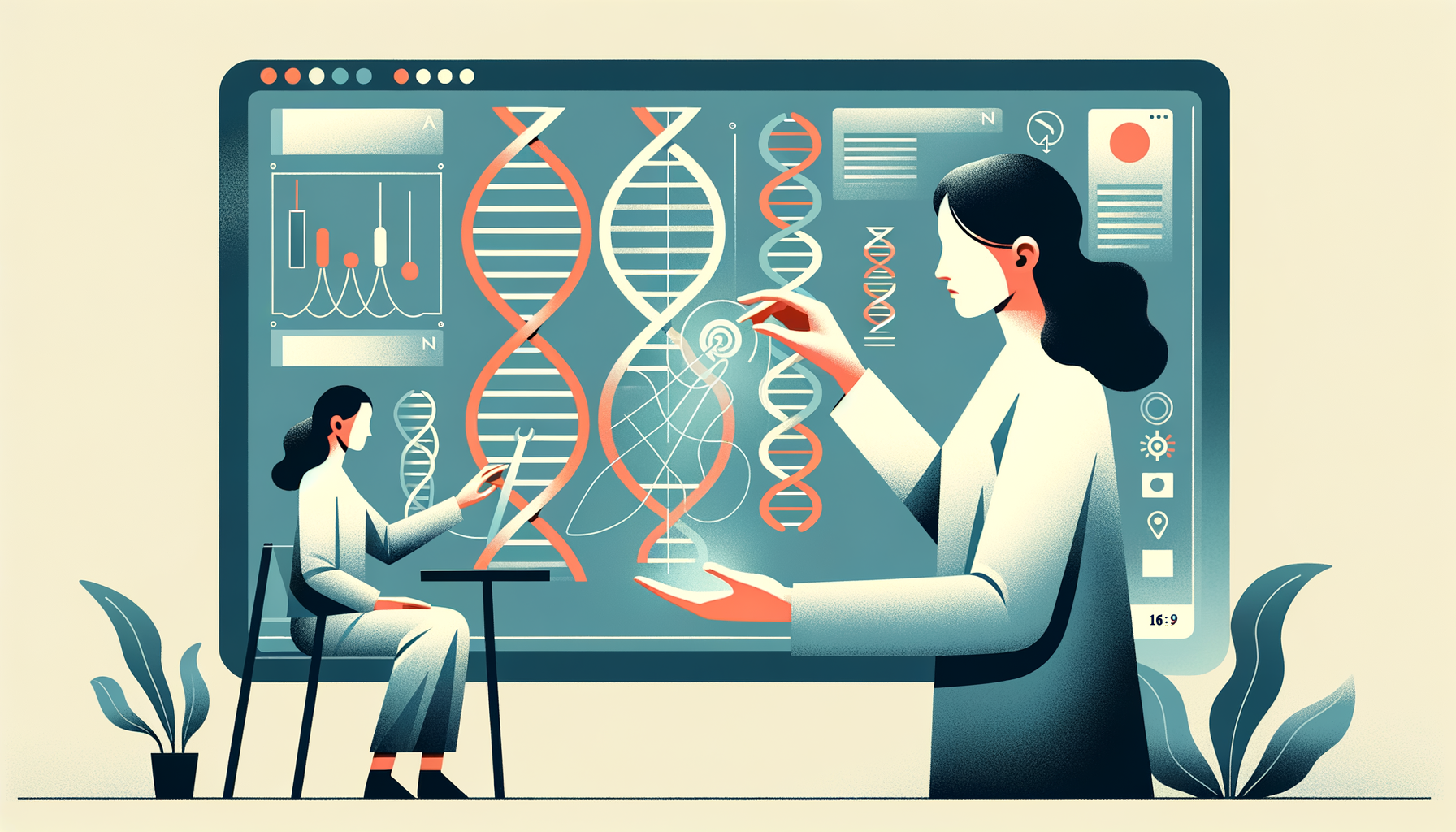Introduction
Breast cancer, a malignant tumor that originates from the cells of the breast, is a global health concern that affects millions of women worldwide. The quest for prevention strategies has been a focal point of medical research, with significant strides made in recent years. This article delves into the breakthroughs in breast cancer prevention, exploring genetic discoveries, lifestyle modifications, and innovative therapies.
Genetic Discoveries

The realm of genetics has been a treasure trove of insights into breast cancer prevention. The discovery of the BRCA1 and BRCA2 genes, both of which are linked to a higher risk of breast and ovarian cancer, has been a game-changer. Women with mutations in these genes can opt for preventive surgeries, such as mastectomy and oophorectomy, to significantly reduce their risk.
Moreover, advancements in genetic testing have made it possible to identify these mutations early, allowing for proactive measures. The advent of polygenic risk scores, which aggregate the effects of thousands of genetic variants, has further refined risk prediction, enabling personalized prevention strategies.
However, the genetic landscape of breast cancer is complex and multifaceted. Researchers have unearthed other genes associated with breast cancer risk, such as PALB2, ATM, and CHEK2. Understanding the interplay of these genes with environmental factors is the next frontier in genetic research, promising to unlock new avenues for prevention.
Lifestyle Modifications
Lifestyle modifications represent a proactive approach to breast cancer prevention. A healthy diet, regular physical activity, and maintaining a healthy weight are cornerstones of this strategy. Research has shown that these factors can lower the risk of breast cancer by boosting the body’s immune system and reducing levels of certain hormones associated with cancer.
Alcohol consumption and smoking have been linked to an increased risk of breast cancer. Therefore, limiting alcohol intake and avoiding tobacco are crucial preventive measures. Additionally, breastfeeding has been associated with a lower risk of breast cancer, likely due to its effects on hormone levels.
Emerging research suggests that other lifestyle factors, such as stress management and adequate sleep, may also play a role in breast cancer prevention. While these areas require further investigation, they underscore the multifaceted nature of lifestyle modifications in preventing breast cancer.
Innovative Therapies
Innovative therapies have revolutionized the landscape of breast cancer prevention. Chemoprevention, the use of drugs to reduce the risk of cancer, has shown promise. Selective estrogen receptor modulators (SERMs) and aromatase inhibitors, for instance, have been found to lower the risk of breast cancer in high-risk women.
Immunotherapy, which harnesses the body’s immune system to fight cancer, is another exciting frontier. Vaccines are being developed to prevent breast cancer recurrence, and early results are encouraging. Moreover, the use of monoclonal antibodies, which can specifically target cancer cells, is being explored for prevention.
Lastly, the potential of gene therapy, which involves altering the genetic makeup of cells to prevent or treat disease, is being investigated. While still in its infancy, this approach could offer a new paradigm in breast cancer prevention, particularly for women with genetic mutations.
Conclusion
The fight against breast cancer has seen remarkable progress, with breakthroughs in genetics, lifestyle modifications, and innovative therapies paving the way for more effective prevention strategies. As research continues to unravel the complexities of this disease, the hope for a future without breast cancer becomes increasingly tangible.





